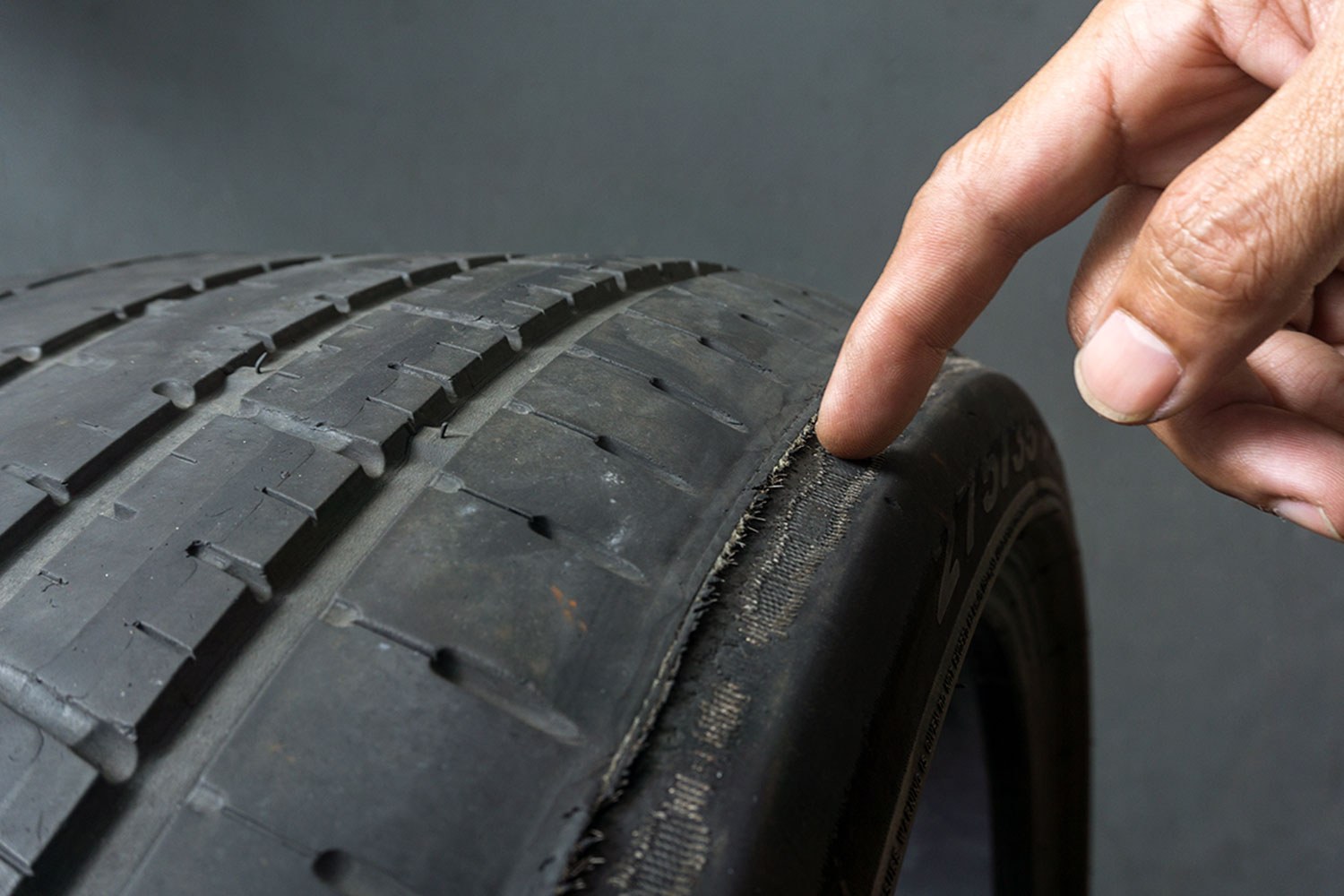How long can you leave a car without starting?
Ensure that all electrics are turned off before turning your vehicle off
How long you leave a car without starting can depend on the condition of your car’s 12-volt battery. Most modern cars with a fairly healthy battery should last at least 2 weeks, without needing to be started up to re-charge the battery.
If there’s any doubt about the condition of the battery, start it once a week just to be safe.
What happens if you don’t drive a car for a long time?
Even if you haven’t driven for a while your car should be fine. If it’s been regularly started and run for 15-minute periods, the battery should work. The tyre pressures should be checked and adjusted before driving. The brakes may have some corrosion on them, especially if the car was wet when it was parked up.
Drive carefully and test the brakes as soon as possible. Make sure you use your brakes for the first few miles to clean off any corrosion.
Leaving your car parked for up to a month
- Fuel – Before parking your car up for a long period, it’s a good idea to top up with fuel. Not only will this help with other measures, but a full tank doesn’t attract condensation, which could cause issues if allowed to build up over time.
- Battery maintenance – If you can, connect your car’s battery to a mains-powered battery maintainer. If you can’t, start the engine once a week and allow it to run for about 15 minutes. This will re-charge the battery and help keep the engine in good condition. It’s important to allow the engine to run for this long so the battery can charge properly. In the case of petrol engine cars, it also helps to prevent engines from flooding with fuel. Never leave your car unattended with the engine running.
- Brakes – Sometimes when a car’s parked up for a long period with the parking brake on, the brakes can seize. To prevent this it’s good practice to release the parking brake and move the vehicle a short distance back and forth, at the same time as running the engine. You shouldn’t leave the parking brake off unless the vehicle is on private land with the wheels securely chocked.
- Electric vehicles – EVs and hybrid vehicles have 12-volt batteries, the same as conventional cars. However, they charge differently. Pressing the start button, so the ready light comes on, will operate the charging system. Doing this for 10 minutes once a week should keep the 12-volt battery topped up. Some electric and plug-in hybrid vehicles can maintain their 12-volt batteries if they’re plugged in to the mains charger. Check your vehicle handbook for details on this.
- Garages – Don’t run a car engine inside a household garage as the exhaust fumes can be toxic. If you keep your car in a garage, pull it out onto the drive to run the engine to charge the battery.
- Tyres – Before driving the car after a long period parked up, check all of the tyre pressures and inflate if needed.
Need any more advice? Don’t hesitate to contact us!





